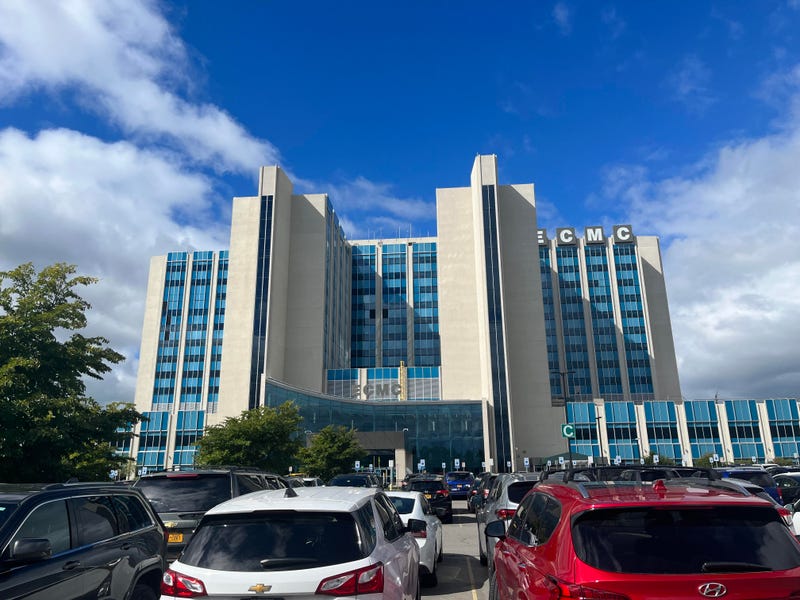
Buffalo, N.Y. (WBEN) - Following a New York State Supreme Court ruling in favor of overturning a statewide mandate requiring health care workers to be vaccinated against COVID-19, questions are being raised about workers who were forced to leave their jobs as a result of the requirement.
The judge in Syracuse, Judge Gerard Neri, said Friday that the mandate is, "null, void and of no effect."
Local defense attorney and legal analyst Paul Cambria reacts, "I think it's a sound decision. Actually, the judge pointed out that the Department of Health can oversee voluntary vaccinations, but it can't mandate any outside the ones that are already listed in the statutes and of course, COVID is not one of them. So they've exceeded their powers."
Cambria mentions that since Governor Kathy Hochul gave up her emergency powers last September, any mandates would be in the hands of the legislature, "We've seen a number of situations where healthcare workers have been mandated to be vaccinated, but they're usually during times of emergency powers. The governor gave up emergency powers quite some time ago, so this would then mean that any kind of mandatory vaccination would be a legislative event, as opposed to executive."
As the Department of Health is "exploring its options," it is likely that they will appeal, "They will appeal to the Appellate Division. Where, five judges will consider the issue," Cambria says.
Currently, there is a shortage of healthcare workers nationwide. Some people believe one of the main reasons for this local shortage is due to the fact that New York hospitals have released those workers who are not vaccinated against COVID-19.
However, Larry Zielinski, healthcare administration expert and former President of Buffalo General hospital says that those workers released because they wouldn't get the COVID vaccine, make up a small fraction of healthcare workers, "The issue of the impact that this has had on the shortage of healthcare workers is a bit overblown. Health systems have had vaccine requirements in place for years for their employees and when they mandate vaccine requirements, their workers get vaccinated. For example, I know Kaleida published that they released 200 out of, I think, over 10,000 employees. If you go around the country, what you'll find is, it's a very, very, very small percentage of people that were actually impacted by the requirements."

Zielinski speculates whether or not the hospitals bring back workers who haven't received the COVID vaccine may be entirely contingent on the specific health care providers and the size of the staff. "My guess is it that the smaller health care providers, a physician office, maybe a small hospital, where a loss of a few employees is going to be significant, will welcome that change," he said. "But I think it'll be interesting to see how the big health systems, Kaleida Health, the Catholic Health System and Roswell Park react. My guess is they're probably not going to be changing their policy."
Hospitals may still vocalize concern with those who aren't vaccinated with COVID-19, as the predominant hospital visitor is an older person, who is more susceptible to contracting viruses," Zielinski notes. "I think there might be a patient impact. We're past the COVID peak, but, you know, there's still people getting infected and the ones that are getting infected and still at most risk, are the elderly with chronic disease. Those are the people that are in hospitals. If a person's grandmother or parent was admitted to a hospital and they were very susceptible to these types of infections, would you want the health care workers to be vaccinated against those infections?"

